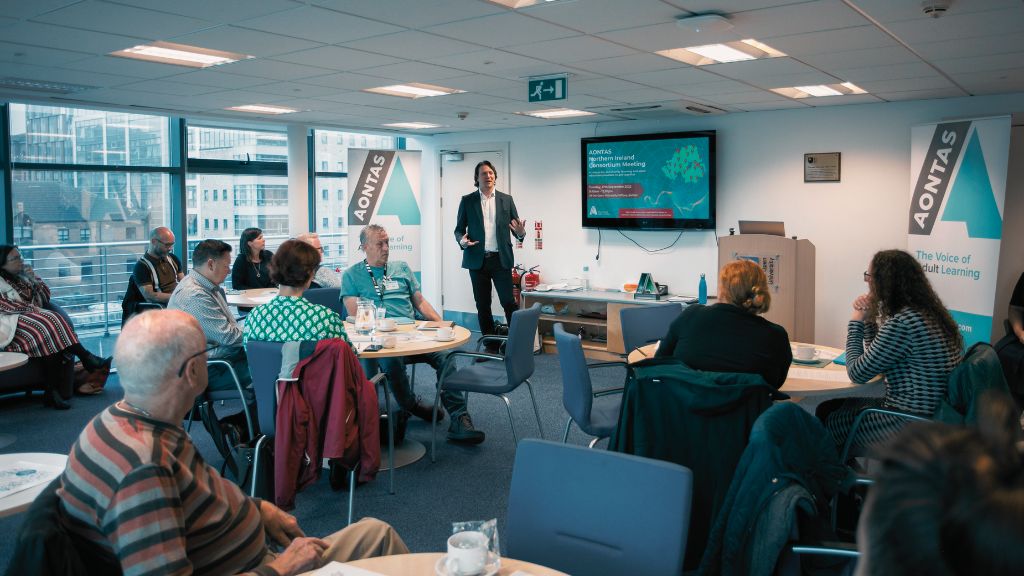Citizenship education is about learning how to be a good member of our community and country. It teaches us important things like our rights and responsibilities, how to help others, and why fairness and equality matter. By understanding these topics, we can make better choices and contribute to making our world a better place.
In this blog, we will highlight four relevance of citizenship education is so important. We’ll see how it helps us understand our rights, get involved in our community, promote fairness, and make informed decisions.
Let’s dive in and learn why being a good citizen is so important for everyone.
Four Relevance of Citizenship Education
1. Understanding Our Rights and Responsibilities
One of the most important aspects of citizenship education is learning about our rights and responsibilities.
- Rights: These are the freedoms and privileges that everyone should have. For example, the right to free speech, the right to vote, and the right to a fair trial.
- Responsibilities: These are the duties or things we should do to help our community and country. For example, obeying the law, paying taxes, and serving on a jury if asked.
When we understand our rights, we can better protect them and stand up for ourselves and others. When we understand our responsibilities, we can contribute to making our community a better place.
Example: Imagine you see someone being treated unfairly at school. If you know about the right to be treated equally and fairly, you might feel more confident in speaking up or seeking help for that person.
2. Encouraging Active Participation in the Community
Citizenship education teaches us how to be active members of our community. This means getting involved in local activities, helping others, and working together to solve problems.
- Volunteering: Helping out at a local food bank, cleaning up a park, or visiting an elderly care home are all ways to give back to the community.
- Voting: Understanding the importance of voting and how to do it ensures that everyone has a say in how their country is run.
- Community Projects: Working on projects that improve the community, like starting a recycling program or organizing a neighborhood watch, can make a big difference.
By participating in these activities, we not only help others but also make our community a better place to live.
Example: If your town has a problem with littering, you might organize a group of friends to pick up trash once a month. This not only makes the town cleaner but also encourages others to take care of their surroundings.
Also read: Which is the Best Explanation for Why Organization Can Lead to Academic and Career Success?
3. Promoting Social Justice and Equality
Citizenship education helps us understand the importance of social justice and equality. This means making sure that everyone is treated fairly and has the same opportunities, no matter their background, race, or gender.
- Equality: Everyone should have the same rights and opportunities.
- Fairness: Treating people in a way that is right and just, considering their specific needs and situations.
- Respect for Diversity: Understanding and appreciating the differences among people, such as their cultures, languages, and traditions.
When we learn about social justice and equality, we can work towards creating a society where every person feels valued and respected.
Example: If you notice that a particular group of students at school is being bullied or excluded because of their race or religion, you can take steps to include them and educate others about the importance of diversity and respect.
4. Developing Critical Thinking and Informed Decision-Making
Citizenship education helps us develop critical thinking skills and make informed decisions. This means being able to think carefully about information, understand different viewpoints, and make choices that are best for ourselves and our community.
- Critical Thinking: Analyzing and evaluating information carefully before forming an opinion or making a decision.
- Informed Decision-Making: Making choices based on accurate information and careful consideration of all the facts.
These skills are important not only for personal decisions but also for understanding and participating in the democratic process.
Example: When voting in an election, it’s important to research the candidates and their policies, understand the issues at hand, and think critically about what each candidate stands for. This way, you can make a decision that you believe is best for your community and country.
Also read: How Long Does It Take to Become an Elementary School Teacher
Conclusion
Citizenship education is essential because it helps us understand our rights and responsibilities, encourages us to participate actively in our communities, promotes social justice and equality, and develops our critical thinking and decision-making skills. By learning these important lessons, we can become better citizens and work towards creating a better world for everyone.
Remember, being a good citizen is not just about what we know, but also about what we do. Every small action we take can make a big difference in our communities and beyond. So let’s all strive to be informed, active, and responsible citizens.

